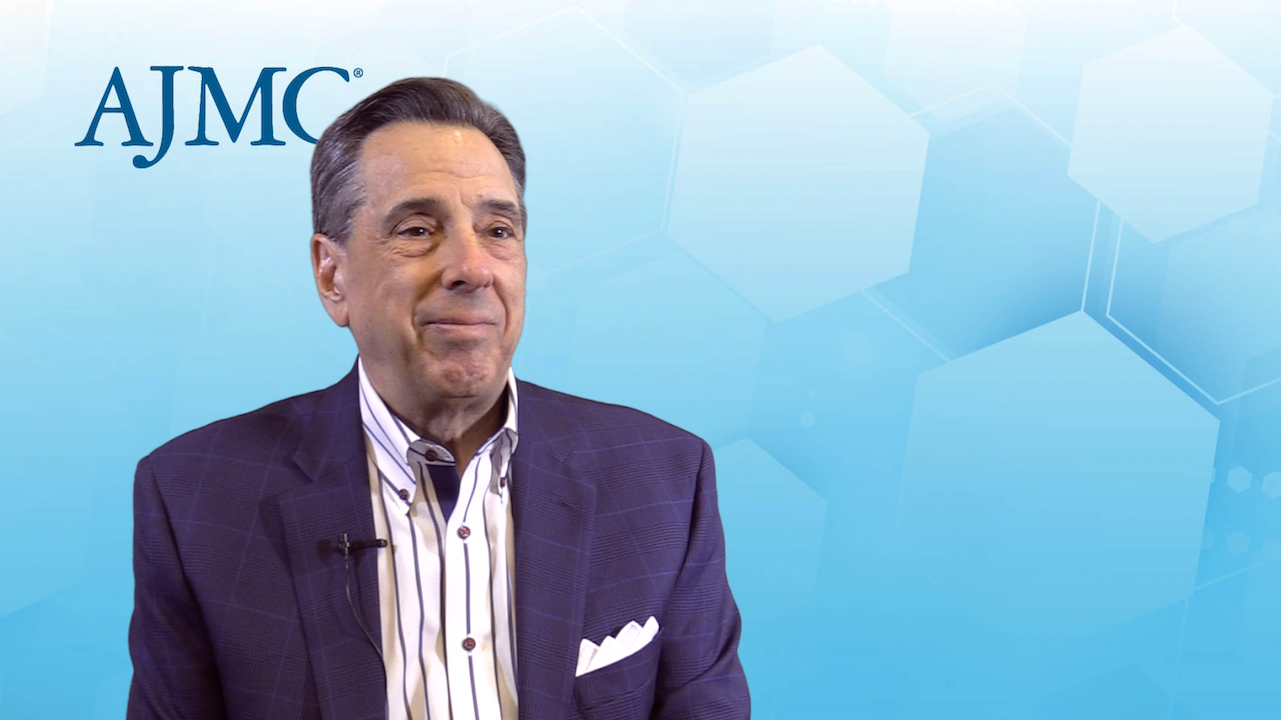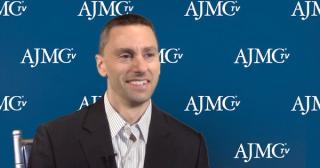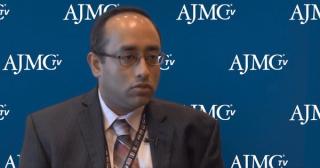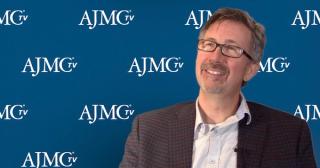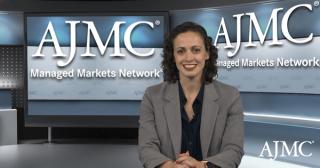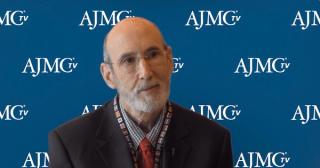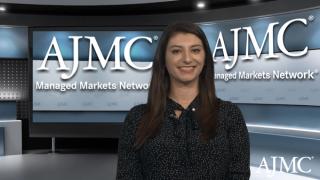
Payers
Latest News
Latest Videos

More News

Elaine Siegfried, MD, professor of pediatrics and dermatology, Saint Louis University Health Sciences Center, speaks on step edits and other barriers limiting access to biologic, topical, and other medications for the treatment of atopic dermatitis (AD).

Patients who experienced Clostridioides difficile infection had increased risks of mortality and hospital readmission, as well as greater length of stay and total hospital charges.

Stakeholders from Horizon Blue Cross Blue Shield of New Jersey discuss new ways to address management gaps for chronic behavioral health conditions, including a new integrated care model that puts community behavioral health providers in charge of overall care.

Until recently, ophthalmologists in the United States have had no experience with biosimilars, despite the availability of biosimilars for bevacizumab, which is commonly used off label for ophthalmic conditions.

While prior authorizations are put in place to ensure appropriate use of expensive therapies, they create a substantial burden for clinicians and patients, said Sabin Dang, MD, ophthalmologist with The Retina Institute.

Results looking at acceptance of minimal residual disease (MRD) status found that 60% of participants “would change at least one decision based on an MRD result,” and 54% would use both MRD status and disease risk to make decisions.

Although technology is allowing for earlier detection of eye conditions, lack of reimbursement and insurance coverage remain major barriers to widespread use, explained speakers at the American Society of Retina Specialists 40th Annual Scientific Meeting.

During a session at the American Society of Retina Specialists 40th Annual Scientific Meeting, speakers highlighted research into the opportunity cost of vitreoretinal surgery and the impact the pandemic had on retinal procedures and reimbursement in early 2020.

This study attempts to identify the sources of the significant 2.5-fold variation found in home health expenditures, a possible indicator of inefficiency and waste.

On this episode of Managed Care Cast, we find out about efforts by a managed Medicaid health care plan in Southern California to bring prevention and intervention mental health services to schools in response to a worsening crisis among America's children and adolescents.

Four large Medicare Advantage insurers manage access to expensive physician-administered drugs with a combination of prior authorization, step therapy, and Part D formulary design.

The oncology space has seen successful adoption of biosimilars thanks to processes and formulary decisions driving conversion rates.

Drug survival rates of biologics in patients with psoriasis were shown to be associated with their effectiveness and safety profiles, in which incidence of psoriatic arthritis, nail involvement, and other factors were indicated as effect modifiers.

At AHIP 2022, Vanessa Bobb, MD, PhD, FAPA, vice president of Behavioral Health & Medical Integration at CDPHP, moderated a session on real-world study findings showcasing cost and quality benefits of value-based contracting in behavioral health. Bobb discusses findings of the study and how value-based programs can be better leveraged in mental health and substance abuse care.

Simplified treatments and patient-specific and systemic interventions can reduce nonadherence in patients.

In the second of 2 parts, Nathan H. Walcker, MBA, CEO of Florida Cancer Specialists & Research Institute (FCS), discusses what he’d like value-based care to look like going forward. CMS ended the Oncology Care Model (OCM) yesterday after 6 years and has invited practices to apply for a successor model, the Enhancing Oncology Model.

Panelists of a keynote session at AHIP 2022 discuss how lessons learned from investment and infrastructure in public health during the COVID-19 pandemic can be leveraged to promote equitable care for all Americans and prepare for the next public health emergency.

On this episode of Managed Care Cast, we speak with Georges C. Benjamin, MD, executive director of the American Public Health Association, on the core takeaways of his keynote session at AHIP 2022 on public health policy and other solutions to promote equitable health and well-being.

Two stakeholders involved in investment and development of behavioral care services discuss the potential of digital therapeutics as a cost-effective alternative to address unmet mental health needs during an AHIP 2022 session.
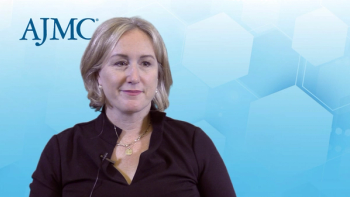
Although the Oncology Care Model (OCM) is ending June 30, 2022, it does not mean practices can turn back the clock and revert to how they provided care prior to the OCM, explained Debra Patt, MD, PhD, MBA, executive vice president of Texas Oncology.

Panelists of an AHIP 2022 session discussed how future policy, infrastructure, and investment strategies in public health will reinforce the efforts already made during the pandemic, with partnerships and engagement key to optimize innovation.

Abstracts presented at the American Society of Clinical Oncology Annual Meeting evaluated biosimilar use in practices participating in the Oncology Care Model (OCM) and estimated the savings as a result of substituting these agents for more expensive reference products.

The authors modeled a version of the Patient and Caregiver Support for Serious Illness alternative reimbursement structure for palliative care using data from the Statin Trial.

Recommendations discuss appropriate use and diagnostic, prognostic, and therapeutic implications of cardiac genetic testing, including guidance on impact of exercise.

Imposing a surcharge on unvaccinated employees will require employers to think through legal and policy implications.



